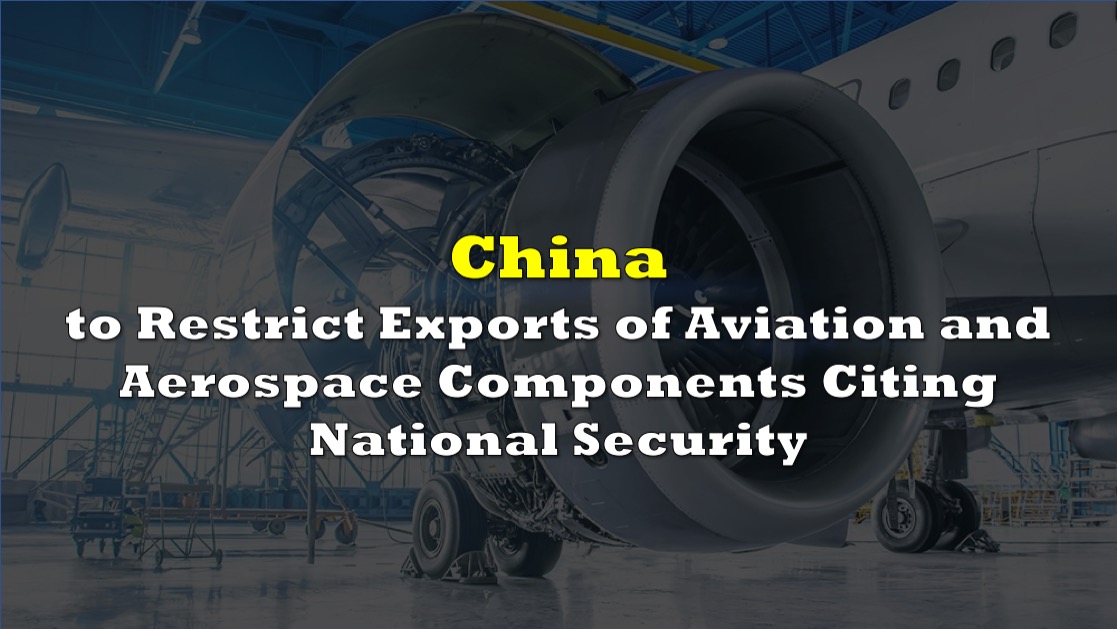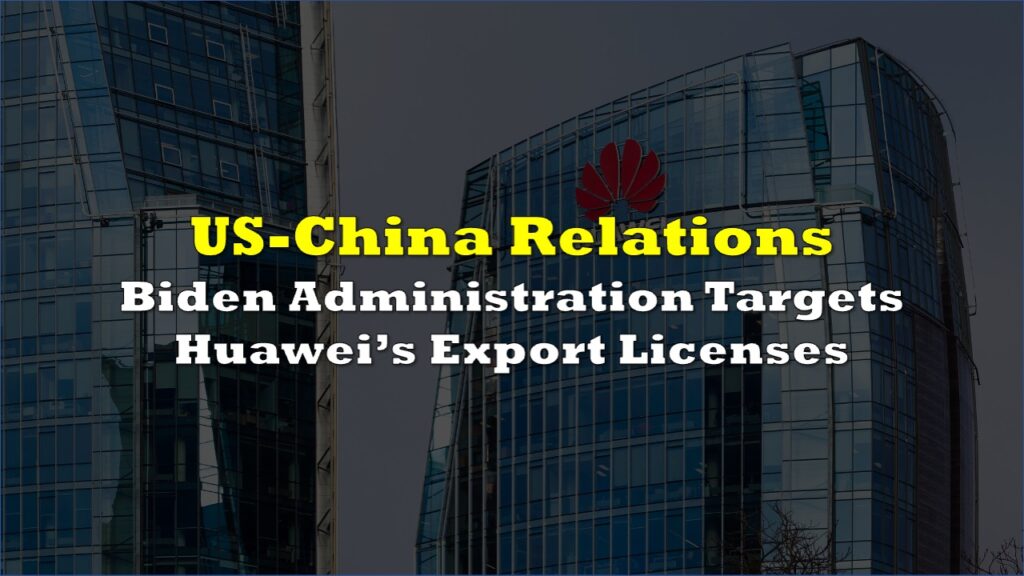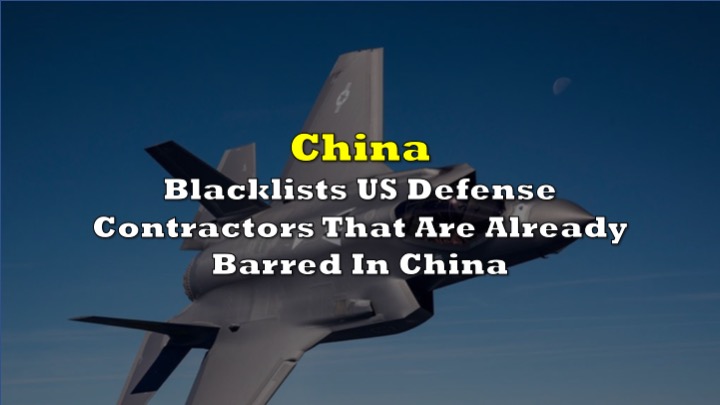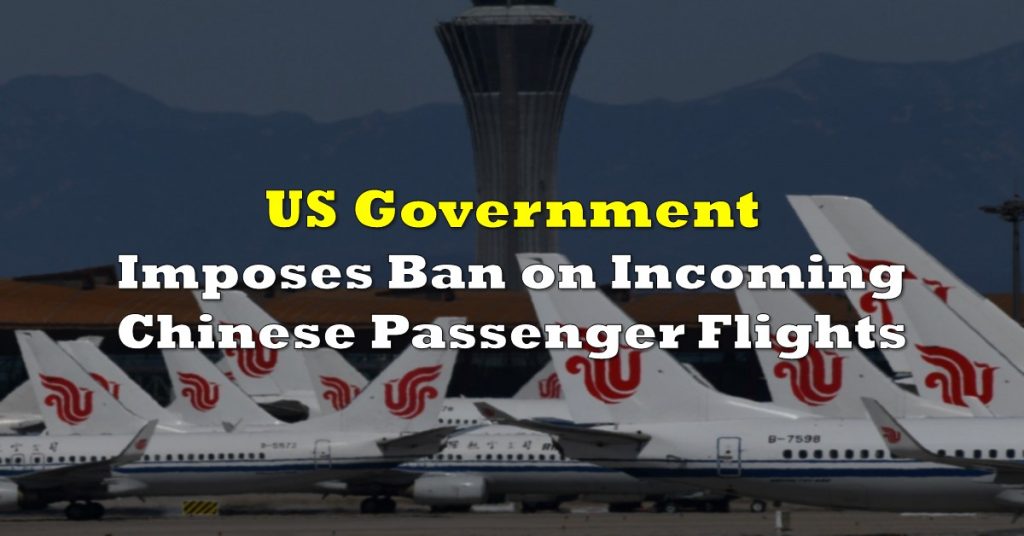China has announced that it will impose restrictions on the export of certain aviation and aerospace components and technologies starting July 1, in a move aimed at safeguarding national security. This development marks a significant shift in China’s export control policies, aligning with international practices of regulating sensitive materials and technologies.
The Ministry of Commerce, in collaboration with the General Administration of Customs and the Equipment Development Department of the Central Military Commission, made the announcement on Thursday. The new regulations will specifically target items including equipment, software, and technologies related to aerospace structural components, engine manufacturing, and gas turbine manufacturing. Exporters of these items will now be required to obtain export licenses.
In a statement, a spokesperson from the Ministry of Commerce emphasized that the primary goal of the new regulations is to protect national security and ensure compliance with international obligations such as non-proliferation. “It is an international practice to implement export controls on specific molds, special fiber materials, and other related items,” the spokesperson stated, further clarifying that the new rules are not directed at any particular country or region.
The statement also highlighted China’s stance against any country or region using controlled items from China to compromise its national sovereignty, security, and development. This move underscores Beijing’s broader strategy to fortify its national security measures in the face of evolving global dynamics.
This announcement comes amid ongoing tensions between China and the United States, with both nations having previously instituted export restrictions on technology, equipment, and materials crucial to national security. Just recently, on May 20, China’s commerce ministry imposed sanctions on Boeing and two other defense companies for their arms sales to Taiwan, as reported by the Associated Press .
China is a significant player in the global aviation and aerospace market, both as a supplier and as a consumer. According to data from the International Trade Centre, China’s exports of aviation and aerospace components and technologies reached approximately $5 billion in 2023. This includes a wide range of products, from aircraft parts to advanced materials used in aerospace manufacturing.
The United States is one of the major importers of Chinese aviation and aerospace components. In 2023, the U.S. imported around $1.2 billion worth of these components from China. These imports are critical for various sectors within the U.S. aerospace industry, which relies on a global supply chain for manufacturing and maintenance operations.
Information for this briefing was found via AP, Reuters, CNBC, and the sources mentioned. The author has no securities or affiliations related to this organization. Not a recommendation to buy or sell. Always do additional research and consult a professional before purchasing a security. The author holds no licenses.











